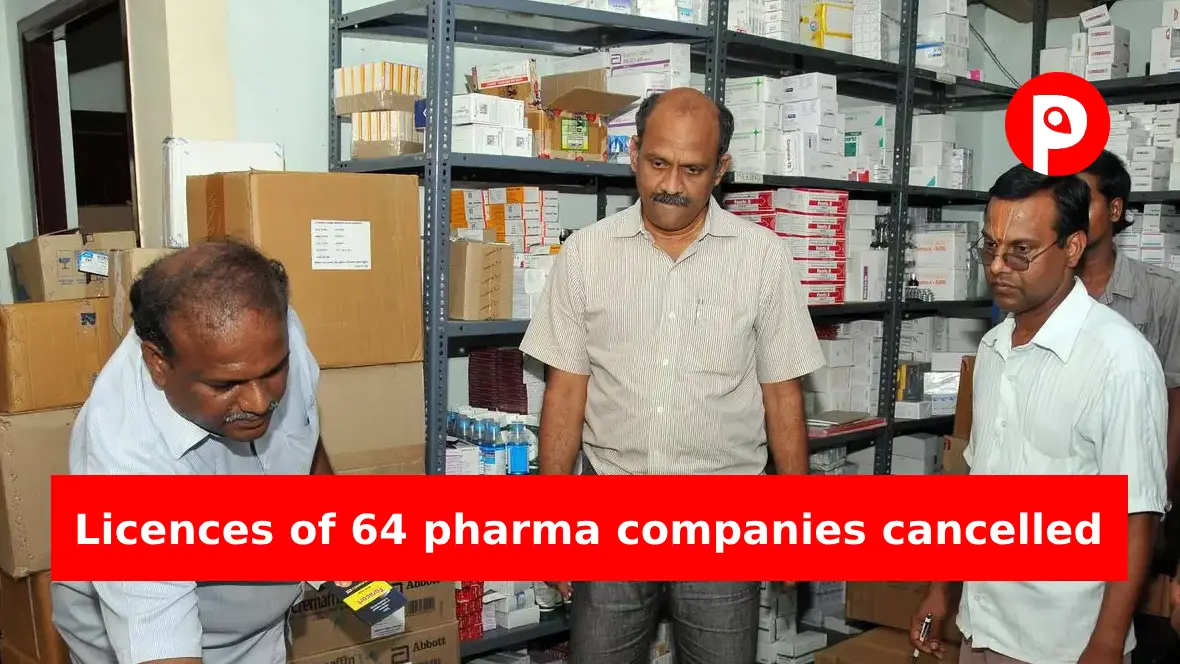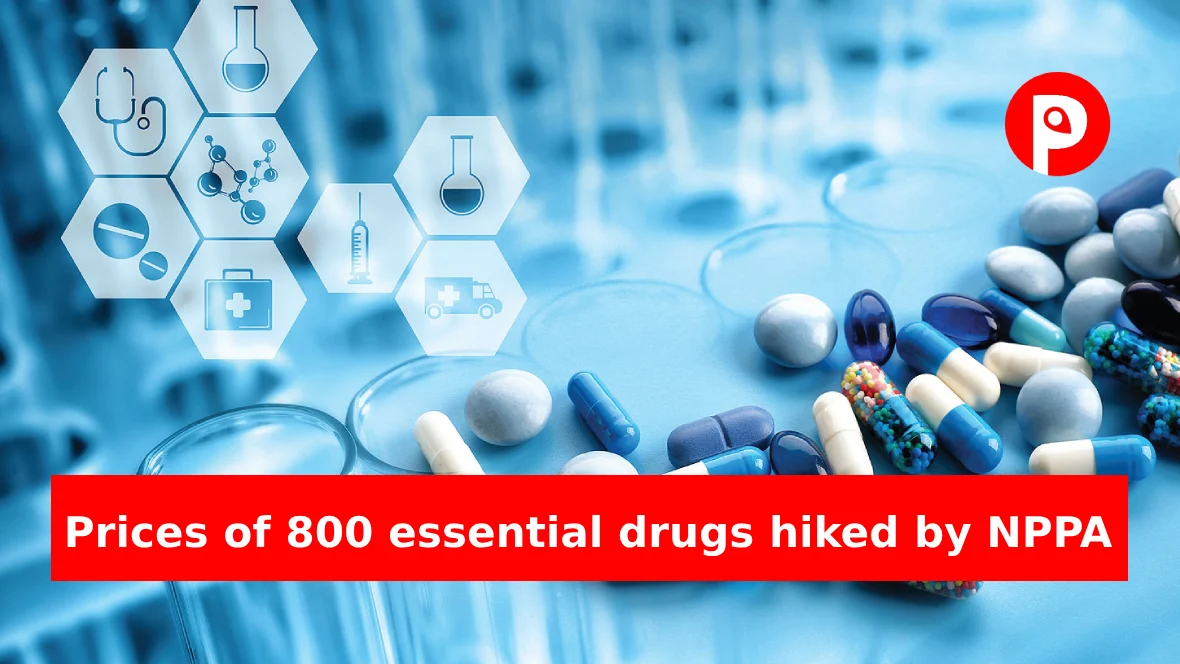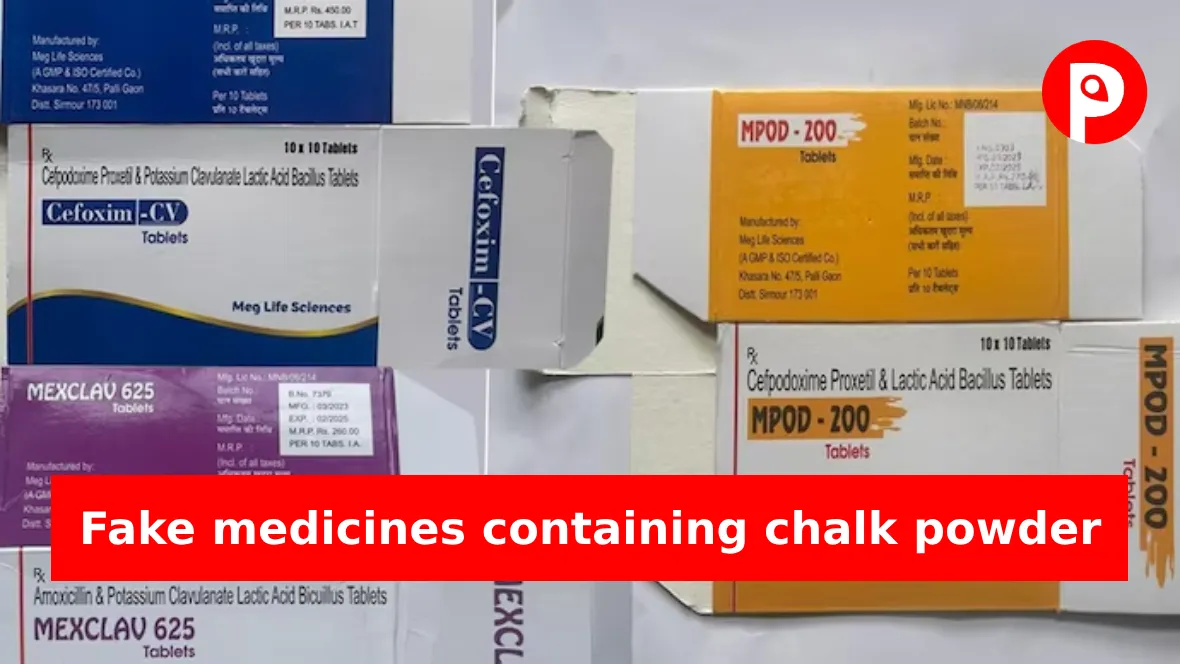Source: The Hindu Businessline
Indian authorities, over a one-year-period, have cancelled licenses of 64 pharma companies, while 17 drug testing laboratories have been asked to shut down for non-compliance with ‘good manufacturing practices’ and other “continued” procedural lapses.
As per the World Health Organisation (WHO), ‘good manufacturing practices’ refer to that aspect of quality assurance that ensures medicinal products are consistently produced and controlled as per the quality standards appropriate to their intended use and as required by the product specification. Apart from production and quality control matters, there is also a legal component that cover responsibilities for distribution, contract manufacturing and testing, and responses to product defects and complaints.
Sources in the Union Ministry of Health and Family Welfare told businessline, checks and investigation were carried out during the last 12 months, where 423 companies — including listed entities and drug testing laboratories — came under the scanner. The investigation took place in five phases across various manufacturing facilities here.
Review, an on-going process
Post the investigation, operations were stopped at 101 pharma companies and there were 52 instances of suspension of licences. Another 281 companies were issued show-cause notices.
There were 131 drug testing laboratories, against which action was taken. Suspension of testing activities was ordered against 52 of them.
“None of the licences that were cancelled has been renewed or re-issued so far,” the official said, pointing out that “review of operations across pharma companies and drug testing laboratories is an on-going process.”
In some cases, corrective action was taken post issue of notices and the entire process reviewed, while suspension and cancellation took place after repeated failure to comply with good manufacturing practices.
According to another Union Health Ministry official, there are around 10,500 manufacturing units in the country, of which 8,500 fall under the MSME category. Around 2,000 MSMEs, mainly exporters, have a WHO GMP (good manufacturing practice) certification. The adherence to GMP is now mandatory for all pharma companies operating in India.
In a May order, the Commerce Ministry had made it mandatory for cough syrup manufacturers to get their stocks tested at a government lab before shipping.
India is the world’s third-largest maker of drugs by volume after the US and China. Pharma exports are set to rise to over $20 billion in FY24, and cough syrup exports stand at $15 million a year.
Crackdown against spurious drug-makers
The crackdown on pharma companies was carried out after reports of spurious drugs being sold abroad (exports) from India surfaced. Questions were also raised on the quality of cough syrups being exported after child deaths were reported in some countries.
Till December, some 50-odd cough syrup makers had failed to meet quality standards, the second official said, adding that India has already tightened export norms.
In a May order, the Commerce Ministry had made it mandatory for cough syrup manufacturers to get their stocks tested at a government lab before shipping.
India is the world’s third-largest maker of drugs by volume after the US and China. Pharma exports are set to rise to over $20 billion in FY24, and cough syrup exports stand at $15 million a year.












One Response
This is good so we avoid by all cost harming the community with substandard drugs which do not meet GMP. Let ensure the stages of manufacturing are followed till it reaches the end user with all test done on each stage. Well done indian authorities